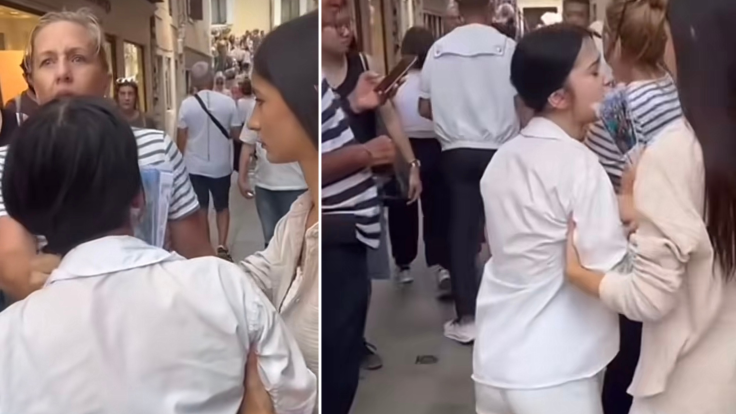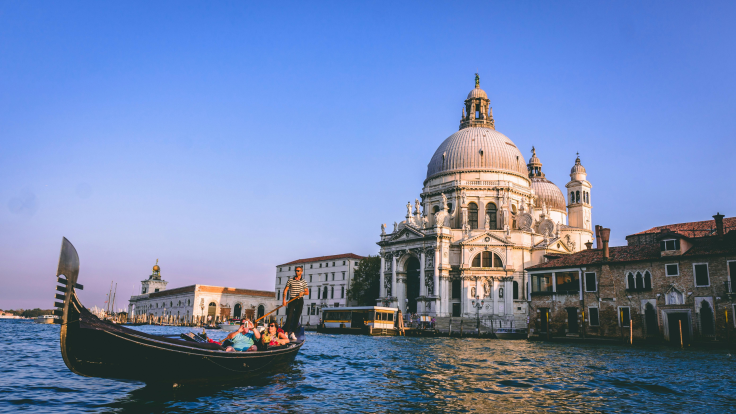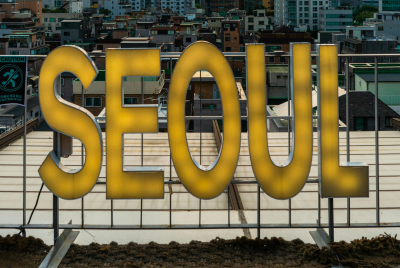Tourists are Fighting Back: Is Hair-Pulling the New Way to Stop Pickpockets in Europe?
Bold acts of self-defence are emerging as visitors strive to deter rampant pickpocketing in Europe's tourist hotspots

A growing number of tourists are resorting to physical defenses, with shocking scenes of hair-pulling and public shaming emerging in response to rampant pickpocketing.
Pickpocketing remains a persistent threat across major European tourist destinations. According to a 2024 report, Italy tops the European Pickpocketing Index, with an estimated 478 mentions of theft per million British visitors at major attractions such as the Colosseum, Trevi Fountain, Pantheon in Rome, Florence's Uffizi and Milan's Duomo.
France and the Netherlands follow, with France recording 283 mentions per million visitors. Across the EU, thefts rose 4.8 per cent in 2023, with Italy, Spain, France and the Netherlands identified as hotspots.
Who's Fighting Back — and Why It's Working
Increasingly, tourists are no longer passive victims. Viral accounts recount incidents where travellers physically confronted pickpockets. In Venice, a tourist from North Carolina made headlines after physically confronting a suspected pickpocket. The woman, whose backpack had been unzipped near a crowded landmark, tracked her stolen belongings through Apple's 'Find My Friends' feature.
She pursued the suspect and pulled her by the ponytail until police intervened. The teenager struck the tourist with a metal water bottle, causing injuries, but officers later recovered her passport and credit cards. The case drew widespread attention after footage of the struggle circulated online.
@karismcelroy my mom caught the girl who stole her purse and turned her in to police lol #jet2holiday #pickpocketing #venice #foryoupage
♬ Jet2 Advert - ✈️A7-BBH | MAN 🇬🇧
In Rome, frustration over repeated thefts has encouraged citizens to act. Simone Cicalone, a former boxing instructor, has become known for patrolling the city's underground network, confronting suspected pickpockets, and filming encounters for social media.
His vigilante efforts have been met with both praise and criticism: supporters credit him with deterring theft, while critics warn of escalating confrontations and potential racial profiling. The controversy has pressured authorities to increase police patrols in high-risk metro stations
These cases, though anecdotal, reflect mounting frustration with authorities and a desperate bid for justice.
Experts consistently argue that pickpockets exploit distraction and crowded conditions. 'They strike when attention wavers', says professional pickpocket Lee Thompson, who advises visitors to stay vigilant, avoid flashy jewellery or designer bags, and use front-pocket wallets or money belts.
Europol categorises pickpocketing as organised property crime, noting that thieves often work in coordinated teams in transit hubs or attractions.

How Europe is Responding
Italy's growing crisis has spurred legal discussions. The controversial 'Cartabia reform' in 2022 placed the burden of pursuing legal action on victims, a change critics say emboldened repeat offenders.
Authorities are now considering further reforms. The Italian interior ministry has proposed a specialist police force to patrol underground networks in Rome, Milan and Naples to deter organised theft.
Historically, some communities, particularly in Italy, have shamed known pickpockets publicly as a social deterrent, though such measures are informal and vary in effectiveness.
What Tourists Should Know
While hair-pulling makes sensational headlines, experts urge restraint. Lee Thompson stresses choosing safety over confrontation: diffusing the situation is often wiser. Instead, travellers should adopt preventive measures such as using money belts, secure cross-body bags with zipped compartments or RFID protection, and keeping valuables out of plain sight.
Crowded areas like Las Ramblas in Barcelona and Brandenburg Gate in Berlin are notorious pickpocket zones. Milan's crime rate stands at seven reports per 100 residents in 2023; its citizen population is small relative to tourist numbers, making dense hotspots especially risky.
© Copyright IBTimes 2025. All rights reserved.





















